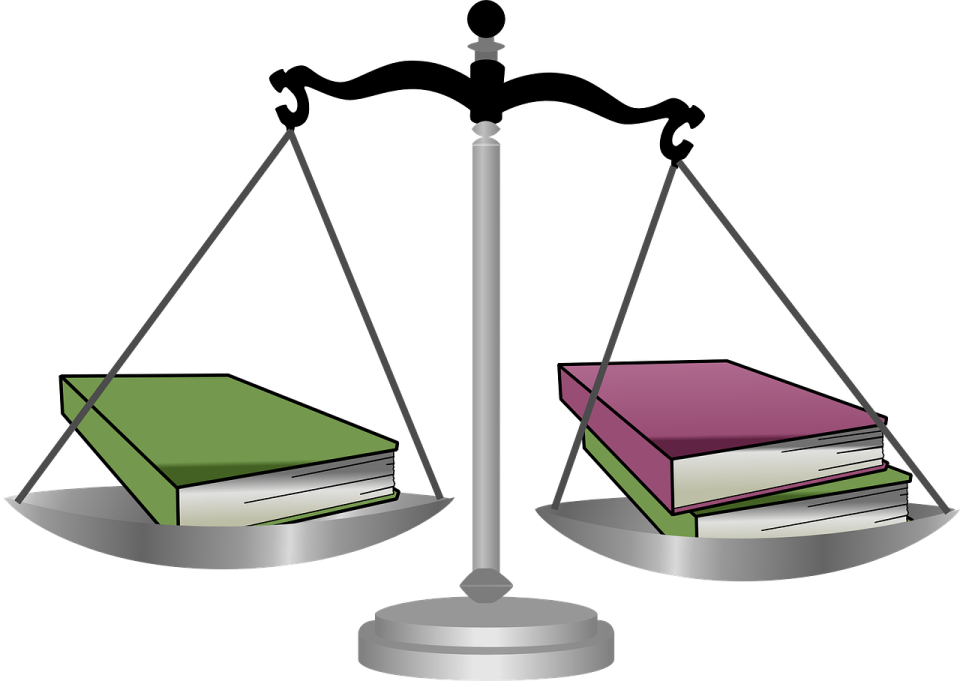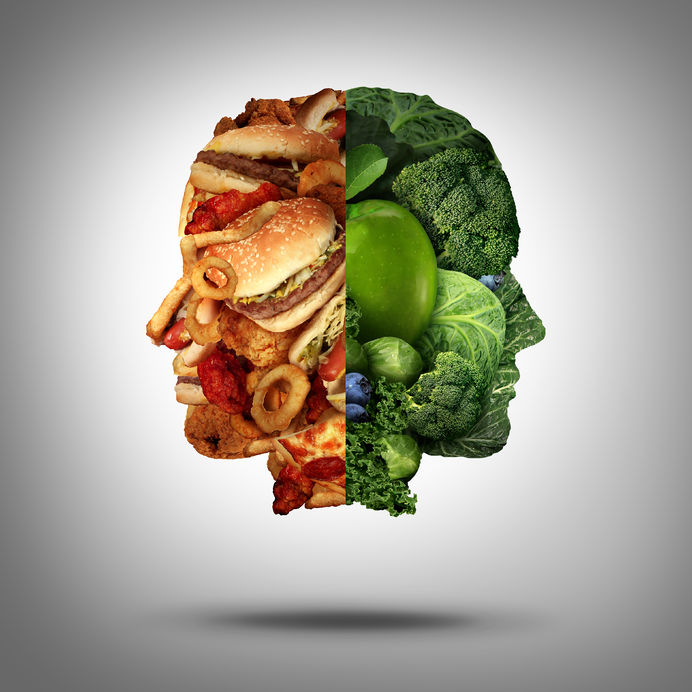
Consciously choosing to live a balanced and rich life requires us to choose to listen, read, and tell a rich variety of stories. In this final article in this Junk Story series we will explore the elements necessary to build and maintain a Whole Story Lifestyle.
Let’s go back one more time to our food analogy to understand what is needed in each healthy story we consume as well as our overall story diet. Although there are tens of thousands of recipes for any given food type, each recipe will share basic elements. So, let’s say you want to bake bread. The recipe will require a leavening agent such as yeast, sour dough starter, baking powder, etc. You’ll also need one or more grains like wheat flour, rye, cornmeal, millet, and so on. We can’t forget a liquid; it can be as basic as water or we could add milk, orange juice, beer, or something else. Include seasoning and/or flavor and the bread is ready to be made, baked, and eaten. The types of ingredients will vary for different types of foods, so basic ingredients for a soup or a salad will be different than the ingredients for a bread. Obvious, right?
Same applies to the stories we consume. Ask yourself, are you enjoying stories from different groups and do they have the basic elements.
Each type of story requires basic elements. Stories need a beginning, middle, and end. Stories that jump to the middle are confusing. Endless stories are unsettling and can lurk in your memory without resolution. Historic stories need accuracy not only in general facts but also in details. News stories and stories with philosophical concepts need balance. Folklore and mythic tales need to honor their core.
Remember to consume a variety of stories. If you are stuck in one area, consciously add different types of stories and media forms. Limit the amount of junk stories you take in every week.
Share stories by becoming a listener, talking about the shows, books, movies, and tales you enjoy. Become part of the chain of stories by telling and passing down family traditions, experiences, and ideas through oral stories.
As a story coach I not only help you find and create your stories, but I also make suggestions and guide you in your exploration of stories in all forms.
Finally, become aware of toxic stories and avoid them. Since stories are the stickiest form of communication, when we take in toxic content, it lingers in our brain and causes harm.
Living a whole story lifestyle has a dynamic impact on all aspects of your life. Opportunities and awareness will increase as well as your general feeling of well-being when you actively vary and choose the stories you consume.
New Series: Toxic Tales





